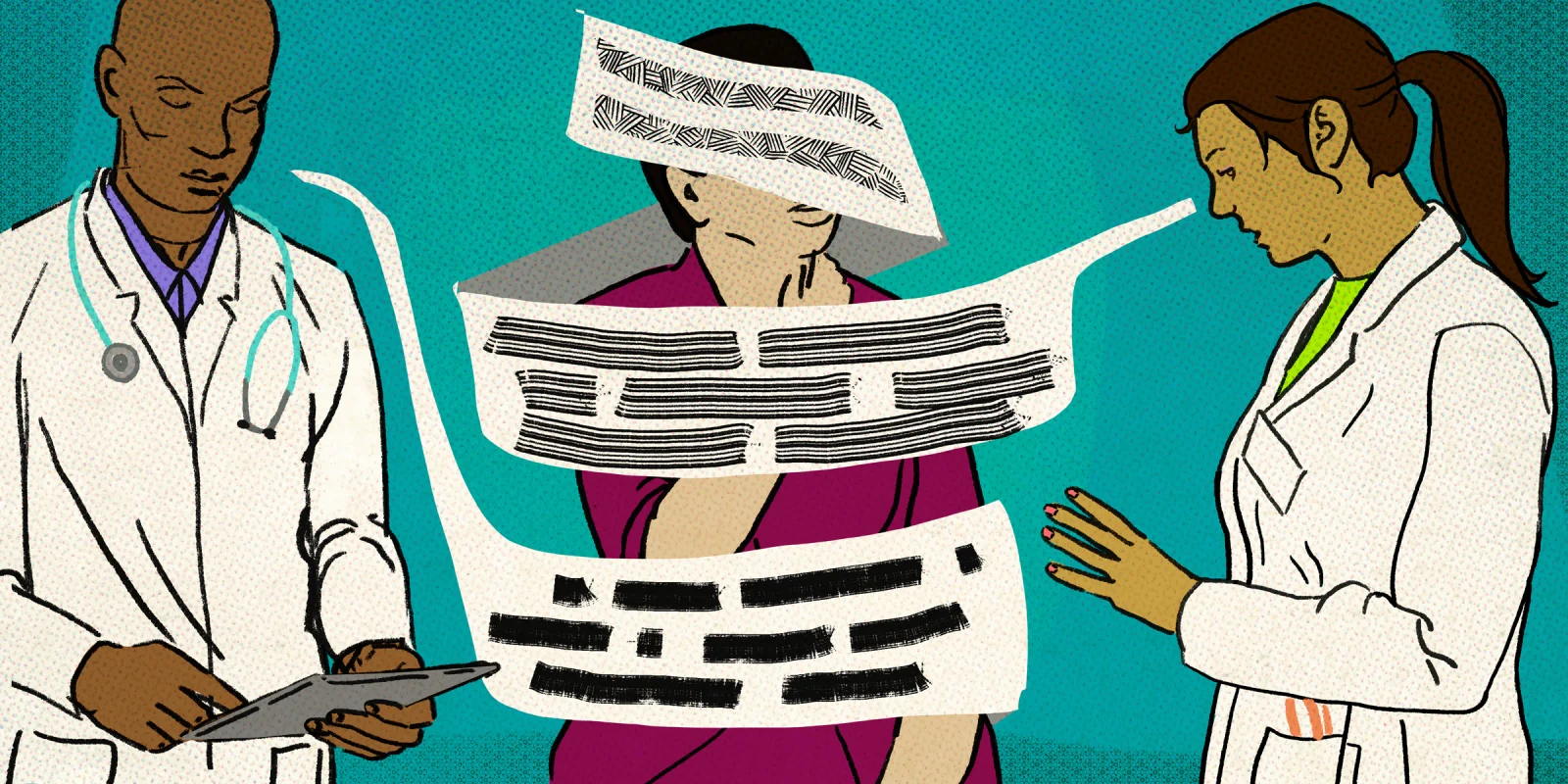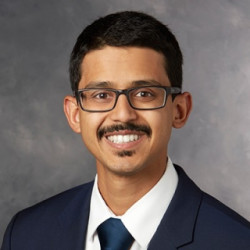Complications are an inevitable reality for surgeons. Though we can strive to reduce their frequency and impact, anyone who operates will have patients who have a complication. I have found it interesting to observe how different surgeons disclose complications to patients. The spectrum ranges from complete and honest disclosure to some degree of hedging responsibility (the most common form) to attributing the complication to another entity entirely, such as a factor beyond the surgeon's control or another clinician.
Consider this common scenario in my practice: A patient is referred with a weak voice after having chest surgery — often a left upper lobe resection or aortic arch surgery. The patient tells me that they were told the breathing tube probably injured their vocal cords while they were asleep during the surgery. I perform a flexible laryngoscopy and assess their vocal cord mobility to find, as I expected, an immobile vocal fold on the side where they had their surgery. After explaining the findings to the patient and going over the treatment options, I wait for the almost inevitable question.
"So this was caused by the breathing tube, right?"
For any given patient, it is difficult to disprove this possibility. Traumatic intubation can, in rare circumstances, cause vocal fold immobility. Yet it is far more likely to be the result of their surgery, which may have temporarily or permanently injured the nerve. This is a known complication of the procedure. Obscuring the cause of the problem can be frustrating for the patient, who often will find out anyway from a patient support forum, Dr. Google, or another medical professional, and it places the consulting physician in an uncomfortable position of having to contradict their colleague or to navigate warily around the topic.
To some extent, shunting responsibility is grounded in a natural human tendency to minimize our role when things go wrong. We do this in everyday life, when, let's say, we knock over a plate of food — "Who put the plate there!" Direct disclosure goes against this instinct to shield ourselves from blame and a negative emotional reaction.
Where this practice can cause further harm, though, is when it hampers a patient from getting appropriate care in a timely fashion. For instance, I once cared for a patient who went to the ER in respiratory distress and was found to have bilateral vocal cord paralysis after thyroid surgery, which they were not informed of after their procedure. This example, while an outlier, shows the real harm that can transpire when patients are not informed about their care.
Ultimately, in accordance with established medical ethics consensus around patient autonomy, neither nondisclosure of complications nor attributing complications to another far less likely source are acceptable. In the long run, it can only harm a patient's trust and confidence in that physician and in the profession overall.
I think often about how I share information with patients in situations where a procedure has not gone as planned. I, too, am guilty of hedging phrases or using exculpatory phrasing, most commonly using "we" construction rather than "I." As uncomfortable as it is, sometimes it is important to sit with a patient's frustration and disappointment at an outcome. It is also important to recognize that patients' responses to a complication or unexpected outcome are often much more forgiving than we anticipate them to be. As one patient who discovered their complication was likely caused by their surgery after reading about it online remarked to me, "I wish they [the operating surgeon] had just told me. I still think the world of them but it would have been nice to know up front."
What has been your approach to disclosing post-procedural complications? Share your experiences in the comment section.
Dr. Neelaysh Vukkadala completed his residency in otolaryngology-head and neck surgery at Stanford University and is currently a laryngology fellow at UCLA. He is interested in medical ethics, quality improvement and teaching. He enjoys writing, hiking and landscape photography and can be found on Instagram at @picturesbynv. Dr. Vukkadala is a 2022-2023 Doximity Op-Med Fellow.
Illustration by Jennifer Bogartz







